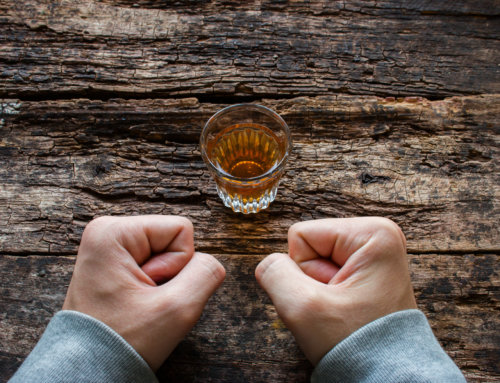
Undergoing recovery treatment and pursuing sobriety is a long, arduous journey for most. On the bright side, the statistics for addiction recovery are reassuring. According to the Butler Center for Research at Hazelden Betty Ford Foundation, nearly 89% of people completing alcohol treatment remain sober for the first month after rehab. Similarly, 85% and 95% of drug users who enter a treatment program report being sober nine months post-rehab.
Still, many people undergoing addiction recovery and dependency treatments have one thing in common. According to the New York Office of Alcoholism and Substance Abuse Services, 92% of those in alcohol or drug abuse treatment are also smokers. For reference, only about 18% of people in the general population are smokers. While cigarette smoking is undeniably dangerous, even without other substance use, there have long been debates on whether or not smoking can impact addiction recovery. In this post, we’ll look at how smoking gets in the way of sober living and explore some tips for quitting effectively:
Smoking and addiction
It’s important to note that cigarette smoking can be an addictive activity. Some people may resort to smoking cigarettes to help deal with stress or anxiety, while others may develop a habit or addiction out of it in the long term. Smokers who indulge in the habit often do so because they may experience withdrawal symptoms otherwise. Like other forms of addiction, smoking withdrawal presents itself as feeling down or sad, having trouble sleeping, increased irritability, or an inability to focus. Given the similarities, many wonders if smoking (and quitting) can impact addiction recovery and sober living.
Is it possible to quit smoking while living sober?
The short answer is: Yes. Many people are concerned about quitting cigarettes simultaneously as quitting other substances and think pursuing tobacco cessation may be more effective later. That said, studies on smoking cessation in addiction treatment have shown that trying to quit cigarettes while in treatment does not appear to be harmful to individuals’ alcohol or drug recovery attempts. Study results also show that 35% of smokers in addiction recovery treatment abstained from smoking at one month and 10% at six months.
Additionally, it can help to try quitting smoking while in treatment as part of your sober living house rules. Maintaining a safe and healthy environment while sober living is essential, so using items such as cigarettes that may trigger withdrawal symptoms for someone else is harmful and inconsiderate. This is especially important if those around you aren’t smokers or former smokers, as secondhand smoke is dangerous for your health and may trigger other substance abuse cravings.
Tips for smoking cessation
Nicotine replacement therapy (NRT) has been essential in fighting smoking and tobacco addiction. It’s a medically approved way to treat individuals trying to abstain from tobacco use by taking nicotine without the tobacco. Insights from Knowledge-Action-Change have highlighted the potential for alternative nicotine products such as nicotine pouches in significantly contributing to tobacco harm reduction. While still relatively new to the market, nicotine pouches have been found to have a similar risk profile to nicotine replacement therapy.
There are many different brands of nicotine pouches, including ZYN, On!, and VELO, which are all 100% tobacco-free and have been tried by users who want to stop using cigarettes. They deliver microdoses of nicotine orally by being placed between your gum and top lip, making them a preferred and discreet alternative for people who want to stop smoking and gradually reduce their nicotine intake. At the same time, smoking cessation products like nicotine gum are increasingly popular in the market as they are promoted by government and non-governmental organizations in support of anti-smoking initiatives. Using these products in combination with cessation programs has been shown to increase the likelihood of quitting smoking while keeping withdrawal symptoms and cravings at bay.









